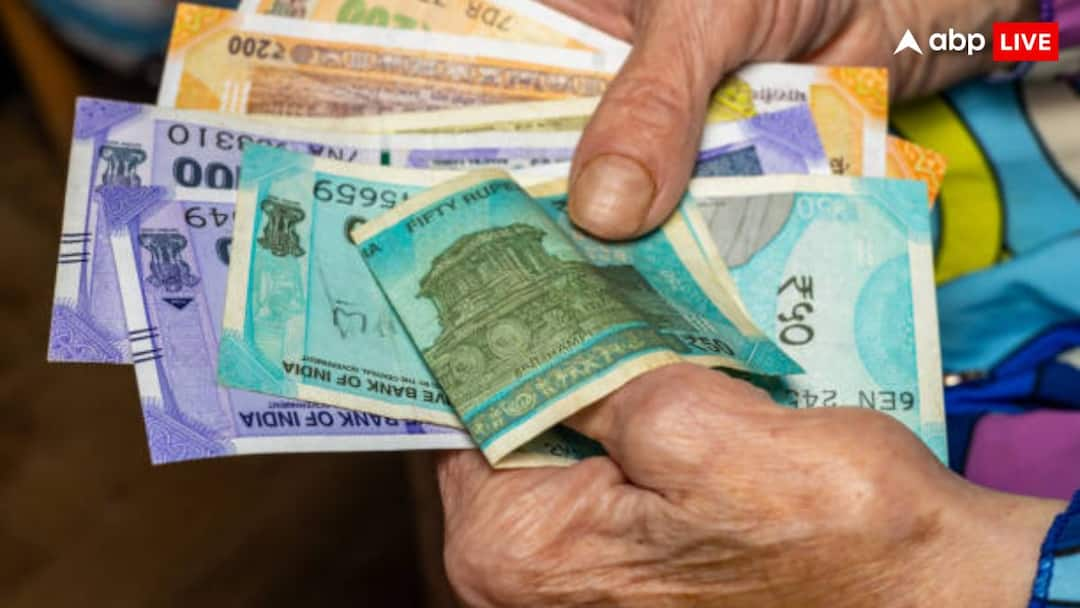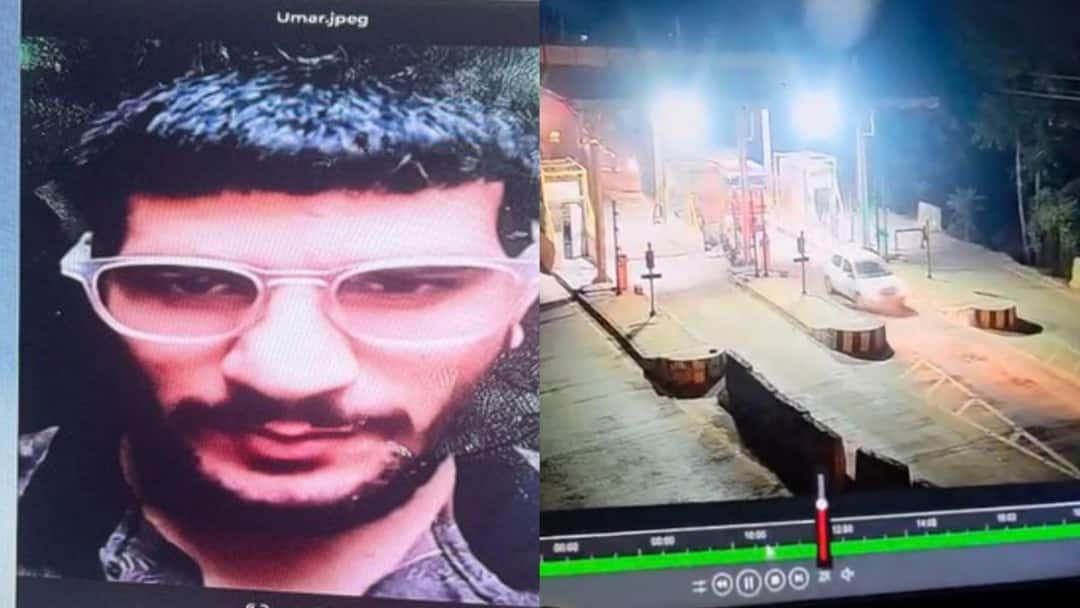The 8th Central Pay Commission (CPC) has officially begun its work, raising hopes among millions of Central government employees and pensioners. However, growing calls are emerging to extend the Commission’s purview to include Gramin Dak Sevaks (GDS), who are currently excluded from the central pay structure.
8th Pay Commission Begins Functioning
After a prolonged wait, the Central government has announced the Terms of Reference (ToR) for the 8th Pay Commission, bringing relief to employees and pensioners awaiting salary and benefit revisions.
The three-member panel, chaired by Justice Ranjana Desai, has been tasked with recommending revisions in salaries, bonuses, gratuity, and performance-linked incentives for Central government employees. The panel has been directed to submit its report within 18 months from its constitution date. It may also issue interim reports on specific matters as and when recommendations are finalised.
Demand to Include Gramin Dak Sevaks Under 8th CPC
A strong demand has emerged to include approximately 2.75 lakh Gramin Dak Sevaks under the 8th Pay Commission. Member of Parliament Ambica G Laxminarayana Valmiki has written to Prime Minister Narendra Modi, urging the inclusion of GDS in the Commission’s scope.
Citing a report by Upstox, the MP highlighted that GDS workers play a vital role in providing essential postal services in rural areas and perform duties comparable to those of their urban counterparts.
In her letter, Valmiki pointed out that the government continues to set up separate committees, led by retired officials, to review GDS pay and service conditions. This parallel system, she said, prevents GDS from receiving the same salary and allowance benefits that regular Central government employees enjoy through the Pay Commissions.
GDS Currently Outside Pay Commission Framework
Gramin Dak Sevaks are not classified as Central government employees and hence are not covered under the 7th CPC.
They are considered “extra-departmental employees” and manage small branch post offices across India’s villages. Their duties include mail delivery, money orders, basic banking, Aadhaar services, and other government welfare schemes.
Their salaries are determined by separate departmental committees rather than the Central Pay Commission.
Timeline and Next Steps
The 8th CPC is required to submit its recommendations by April 2027. However, the actual implementation will depend on how early the Commission finalises and submits its report. Once submitted, the government will review and approve the recommendations before implementing the revised pay structure for Central government employees.



